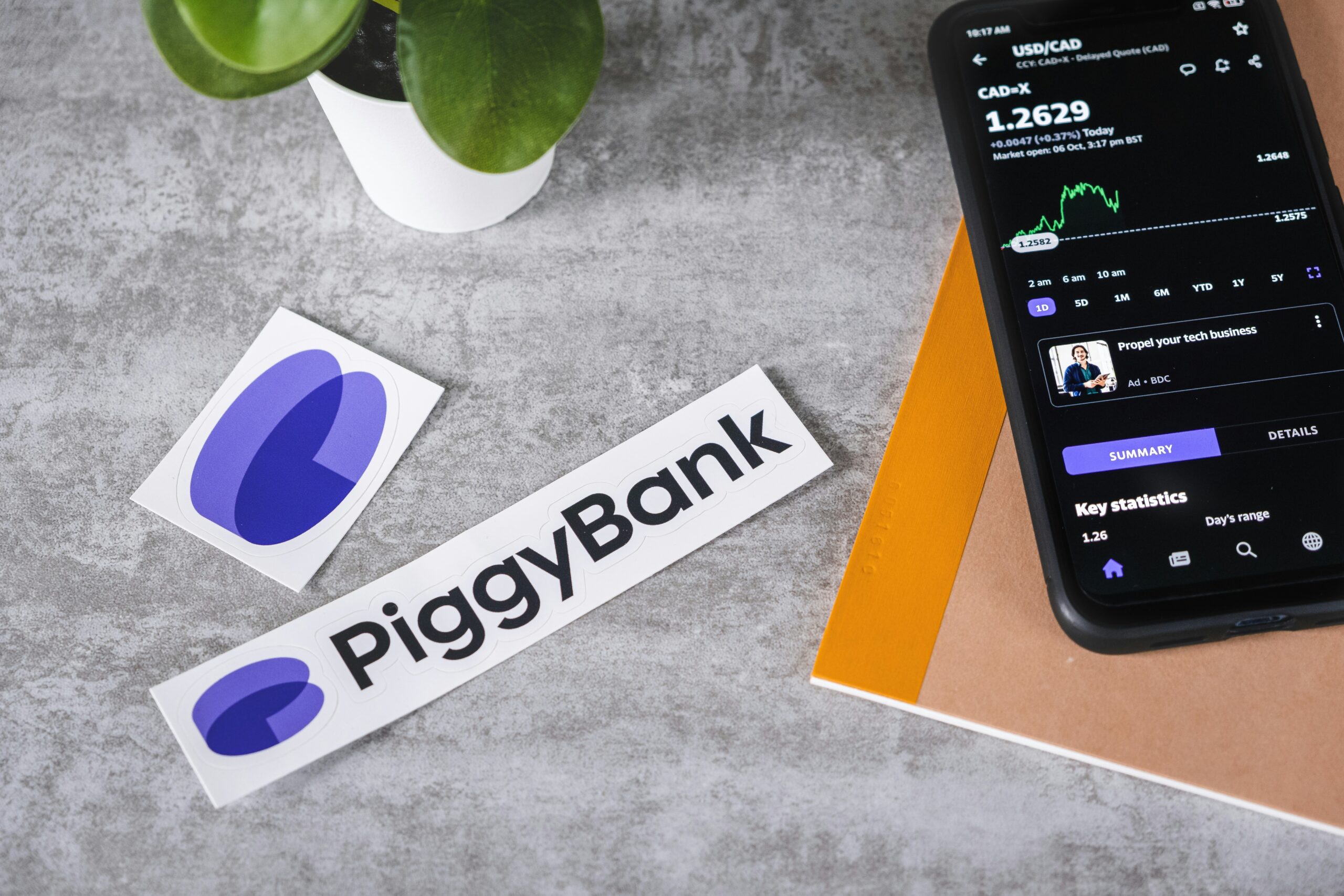With the rapid rise of financial technology, more people are asking the question: digital bank vs traditional bank — which is better? Both offer unique advantages depending on your needs, lifestyle, and financial goals.
This article will help you compare their pros and cons so you can choose the banking style that fits your life in 2025.
What Is a Digital Bank?
A digital bank (or neobank) operates entirely online — no physical branches. Popular examples include:
- Chime
- Revolut
- N26
- Monzo
These banks are optimized for mobile devices and often come with zero fees, fast transfers, and budgeting tools.
What Is a Traditional Bank?
A traditional bank has physical branches and offers in-person services. Examples include:
- Bank of America
- Wells Fargo
- HSBC
- HNB (in Sri Lanka)
They offer a full suite of services: checking and savings accounts, mortgages, business loans, and investment options.
🔗 Related: How to Budget on an Irregular Income
Pros of Digital Banks
✅ Lower Fees – Most digital banks have no maintenance fees, overdraft charges, or ATM fees.
✅ Easy Account Setup – Open an account within minutes using your phone.
✅ Modern Features – Budgeting tools, real-time alerts, and instant peer-to-peer transfers.
✅ 24/7 Access – No need to visit a branch — everything’s online.
📘 External Resource: Best Digital Banks of 2025 – Forbes
Pros of Traditional Banks
✅ Physical Presence – Useful for cash deposits, in-person support, or notarized documents.
✅ Loan Services – Easier to get large loans and mortgages with in-person consultation.
✅ Reputation & Security – Long-established history and trust.
✅ Wider Service Range – Business banking, investment accounts, foreign exchange.
Cons of Digital Banks
❌ No physical branches
❌ Some have limited customer support
❌ May not offer full services like loans or checks
❌ Internet access is mandatory
Cons of Traditional Banks
❌ Higher fees (maintenance, overdraft, etc.)
❌ Slower tech updates and app features
❌ Long queues and paperwork
❌ Limited hours of operation
Which One Should You Choose?
- Choose a Digital Bank if you want speed, low fees, and full control on your smartphone. Great for freelancers, tech-savvy users, and travelers.
- Choose a Traditional Bank if you need access to loans, cash deposits, or prefer in-person services.
💡 Best of both worlds? Many people use a digital bank for daily spending and a traditional bank for savings or business needs.
Final Thoughts
The debate of digital bank vs traditional bank isn’t about who wins — it’s about what suits your lifestyle. As more financial services go digital, it may be worth exploring new options to see how they fit into your money strategy.
Explore more financial articles on mahee.online:




